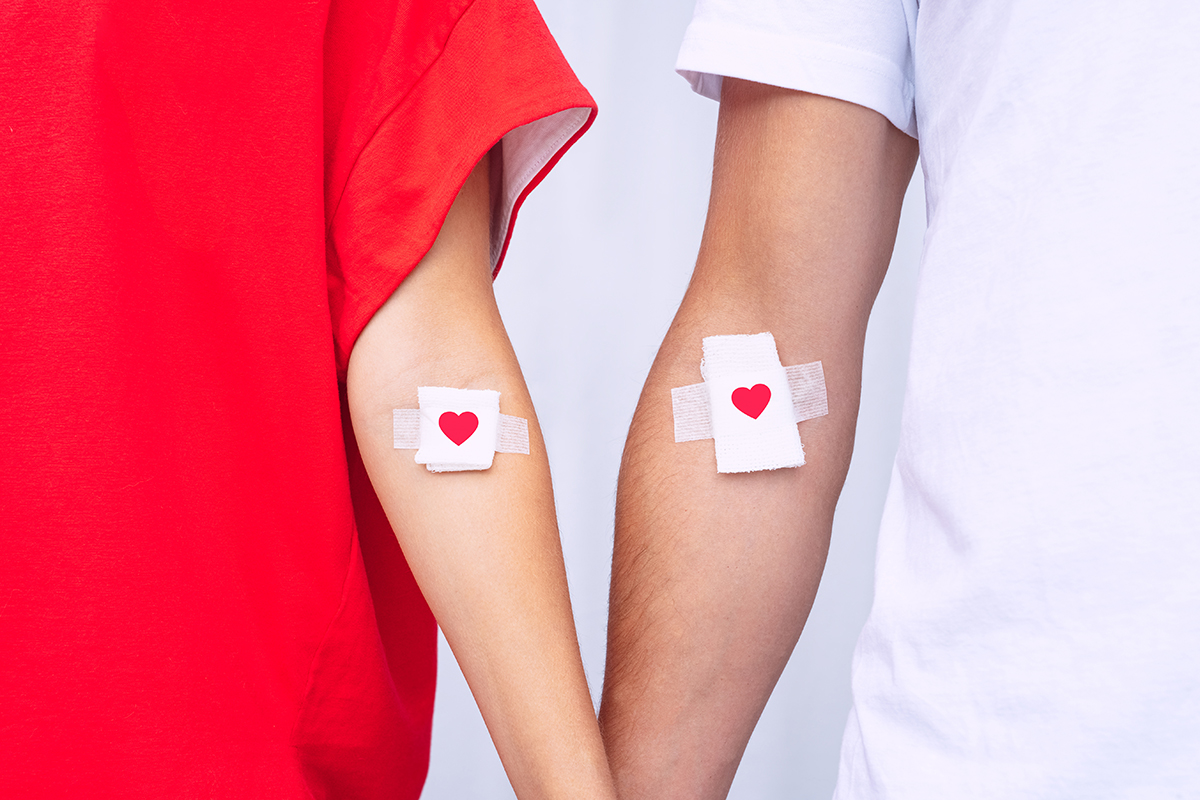Health Capsule
Donate Blood. Save a Life

Every two seconds, someone in the U.S. needs blood. It could be because of surgery or cancer treatments. Or maybe they have a blood disorder or have lost a lot of blood. Whatever the reason, there’s always a need for donated blood. Even a single donation can save lives.
Blood gives us energy by bringing oxygen and nutrients to the body’s cells. It also carries waste products to the liver and kidneys for removal.
Blood contains different types of cells and other components. Just two drops of blood can include millions of red blood cells, which carry oxygen and carbon dioxide. Blood also includes white blood cells (which fight disease), platelets (which help form blood clots), and plasma (the liquid portion of blood).
Blood has a short shelf life, so blood donations are always needed. Platelets can only be stored for five to seven days, and red blood cells for up to 42 days.
Blood donation is safe and simple. It usually takes only about an hour of your time. But only 3% of Americans give blood each year.
You can donate blood if you’re in good health and are at least 16 or 17 years old (depending on where you live). Learn more about blood donations.
NIH Office of Communications and Public Liaison
Health and Science Publications Branch
Building 31, Room 5B52
Bethesda, MD 20892-2094
Contact Us:
nihnewsinhealth@od.nih.gov
Phone: 301-451-8224
Share Our Materials: Reprint our articles and illustrations in your own publication. Our material is not copyrighted. Please acknowledge NIH News in Health as the source and send us a copy.
For more consumer health news and information, visit health.nih.gov.
For wellness toolkits, visit www.nih.gov/wellnesstoolkits.




